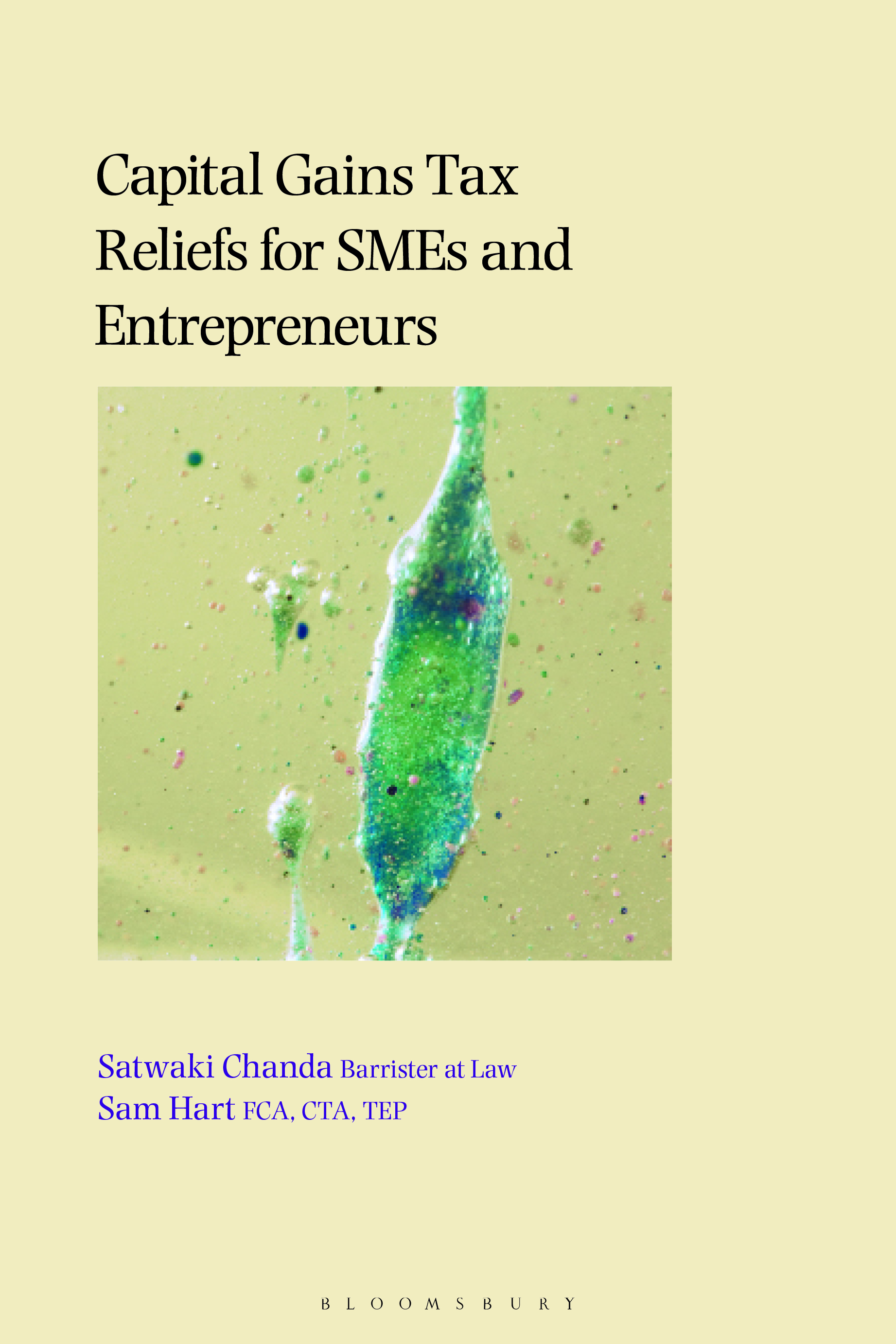Sam Hart, of Claritas Tax, discuss the key CGT announcements that came out of the Autumn Budget.
Sam co-authors Capital Gains Tax Reliefs for SMEs and Entrepreneurs for Bloomsbury Professional. You can access this online with a subscription to our Silver Tax Service, Gold Tax Service, Platinum Tax Service and Private Client Taxation.
Much of the pre-Budget speculation was that rates of Capital Gains Tax would rise from the existing 10%/20% rates on standard gains up to somewhere in the 30-40% range. This was likely to be particularly keenly felt by SMEs and Entrepreneurs since the decimation of entrepreneurs’ relief (now Business Asset Disposal Relief (BADR)). Even worse, rumours abounded that BADR itself might have been scrapped at the hands of the new Labour Government.
However, the Autumn Budget has now revealed the contents of Chancellor Reeves’ red box, and while there were certainly other issues for business owners to contend with (not least the dramatic changes to inheritance tax reliefs), perhaps the CGT changes were not quite so bad as feared. Certainly, the much feared alignment of CGT rates with income tax rates (at up to 45%) did not transpire and the reality will hopefully have a far lesser impact on business and entrepreneurialism.
From 30 October 2024, an unusual mid-tax-year rate change, gains falling within the basic rate of income tax, will now be taxed at 18%, up from the previous rate of 10%. All other gains (excluding those subject to special rates or other reliefs, see below), the rate is increasing from 20% to 24%. This aligns with the rates of tax on residential property gains, such that all assets (with the exception of carried interest) are now taxable at the same rates.
As has become the norm, there are a raft of anti-forestalling measures that will be included in the Finance Bill to prevent individuals seeking to hedge their bets by leaving deals resting on unconditional contracts, for example, or certain arrangements involving company reconstructions.
Business Asset Disposal Relief (BADR) also lives to fight another day, and the £1m lifetime limit remains unchanged, something the Chancellor posited as a giveaway when it was merely retaining the status quo.
However, the current 10% rate that currently applies to BADR gains will also be aligned with the lower rate of CGT, although there will be some gradual phasing in of the higher rate. The 10% rate will apply for disposals up to 5 April 2025, with a transitional 14% rate applying until 5 April 2026, and gains attracting the 18% rate thereafter. This means that there is a short window of opportunity for those looking to realise a BADR qualifying gain to accelerate a transaction and save some tax- if this would be the right thing to do overall.
Another CGT relief, Investor’s Relief is often overlooked, but it has been singled out in the budget and is now subject to a reduced £1m limit from 30 October 2024 and with the same tapering up of the rate from 10% to 18% as for BADR. Similar anti-forestalling rules will also apply, and for the purposes of a s169VT election (similar to the s169Q election for BADR which crystallises a gain on a share for share exchange which would otherwise be tax free), and where individuals may still make an election in respect of gains crystallised prior to the change, the limit in force will be the £10m or £1m at the time of making the election.
There have also been changes announced to Employee Ownership Trusts (EOTs). The relief, which currently provides for a tax-free gain, is not curtailed but additional conditions are being introduced to:
The EOT CGT relief conditions will have effect for disposals made to the trustees of an Employee Ownership Trust on or after 30 October 2024. The changes to the CGT claim conditions will have effect for claims made for the tax year 2024 to 2025 onwards.
Finally, on CGT, there will be new rules introduced for limited circumstances on a Limited Liability Partnership (LLP) liquidation. The new rules will deem that a disposal arises when an LLP is liquidated and assets a member has contributed are disposed of to the member, or to a company or other person connected to them.
